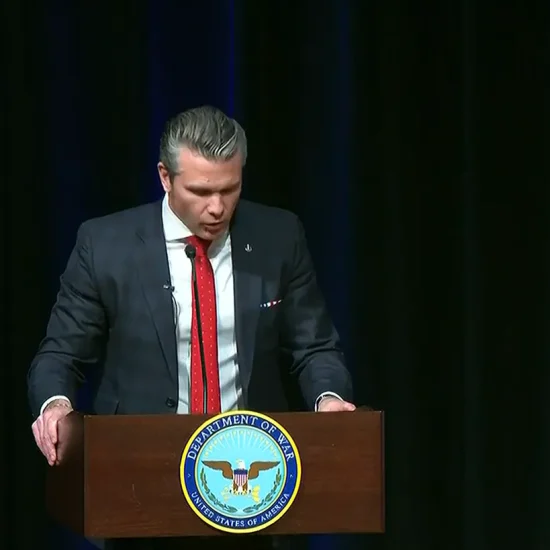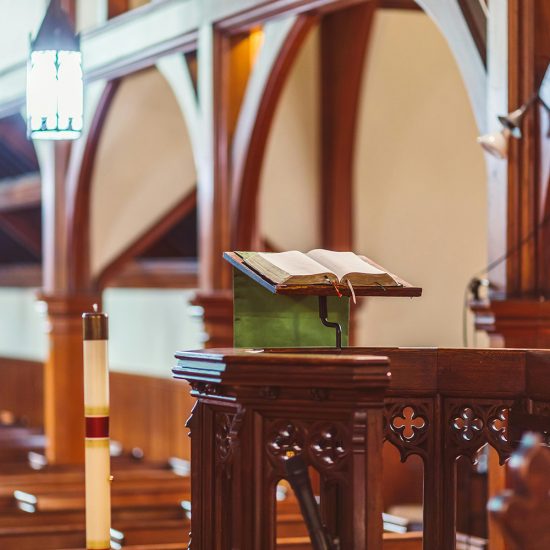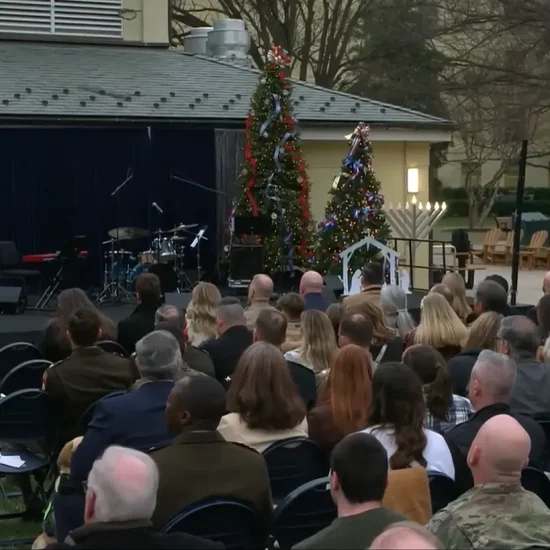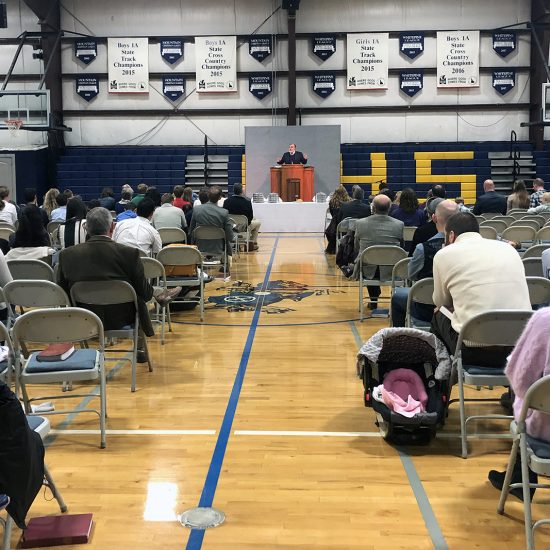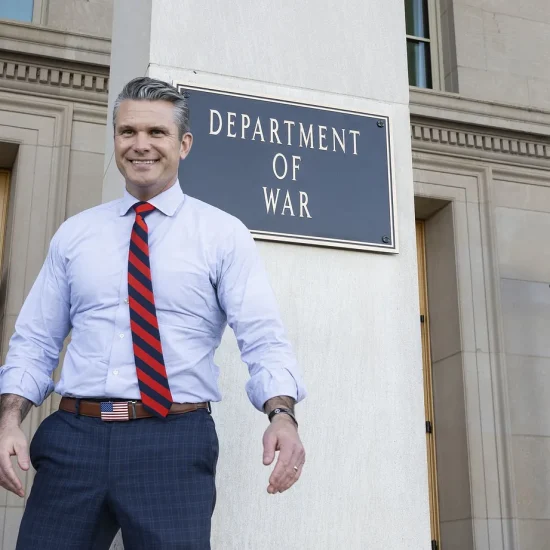During the state legislative session in Missouri that ended in May, I found myself at the Capitol more than usual. It’s just a two-block walk from my Word&Way office, but I generally don’t have a reason to visit. In the previous four years, I trekked over past the statue of Thomas Jefferson just a few times a year and testified only once on a bill. But this year, I testified five times against four pieces of legislation. All four — like the earlier one — involved church-state matters, so I went to offer a historic Baptist perspective on religious liberty for all.

Brian Kaylor
It’s not that I suddenly started paying more attention. This year really did see more problematic church-state legislation — not just in Missouri, but across the country. Some fundamentalist Christians launched an effort known as “Project Blitz” in hopes of chipping away at church-state separation. Lawmakers in more than a dozen states used model bills from Project Blitz — often copying-and-pasting large sections — on topics like encouraging classes on “Bible literacy” in public schools, mandating public schools post “In God We Trust” in prominent locations, or carving out broad religious exemptions to anti-discrimination laws.
I testified against two such “Bible literacy” measures and an “In God We Trust” bill (as well as a non-Project Blitz bill attempting to limit lawsuits involving the Establishment Clause). Only one passed, the weaker of the two on “Bible literacy” classes. Bills from Project Blitz also passed in other states this year, including Indiana, Georgia, Kentucky, and South Dakota. And they will likely return in many states again next year.
Which is why Baptists need to pay attention.
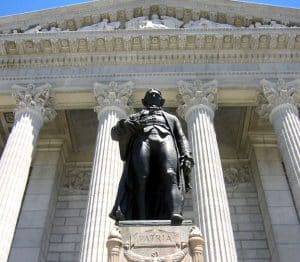
Thomas Jefferson statue at the Missorui State Capitol. (Nickbigd CC BY-SA 3.0 Creative Commons license)
As a result of testifying, I’ve learned a couple things about the impact of a Baptist minister showing up to speak out for those of minority faiths or no faith at all. I went because I believed there needed to a witness for religious liberty for all (and two times I was the only one to give an opposing opinion). But it also allowed me to be a witness beyond just to legislators.
Several secular news outlets covered the hearings, amplifying my voice and that of other Baptists who testified, like Carol McEntyre (pastor of First Baptist of Columbia, Mo.) and attorney Cynthia Holmes. And showing up to speak opened doors with non-Christians who spoke against the problematic bills. Because I was willing to speak out for their rights, I’ve had fascinating conversations about faith and politics with atheists, Satanists, and others. I’ve gone to eat with them across the street after hearings. I hope I gave them a vision of a Christian who cares about their rights and listens to their stories.
I didn’t expect this, and as an introvert I almost declined the invites to chat. At one point it dawned on me the Spirit had led me to say “yes.” I won’t claim Jesus would’ve testified as I did, but I’m confident he could’ve been found at that pizza joint eating with an atheist (although Jesus might not have gone with my Baptist choice of sweet tea).
While I’m pleased three of the bills died, I would’ve gone even if I knew they would pass. In fact, I testified against the one that passed even though I knew the committee would pass it as soon as I finished talking — as they did about one minute later with a 9-1 vote (ouch). I will go again because silence tells them such bills are okay. I will go again because Baptists have historically stood for religious liberty for all, even when politicians refuse to listen. I will go again because I now realize non-Christians will see a minister who cares about their rights. And I hope you’ll track similar legislation in your state next year so you can raise your voice in person or through letters, emails, and phone calls.
So, that’s my testimony about testifying. Can I get a witness?
Brian Kaylor is editor & president of Word&Way.

